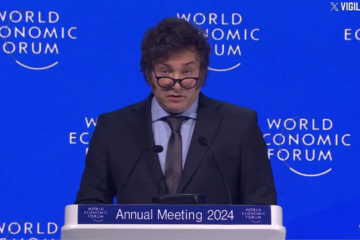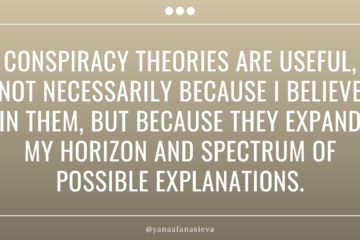FinTech License Comes in Effect in Switzerland on January 1st, 2019
On January 1st, 2019 a new license type will become available to FinTech companies established in Switzerland. This so-called FinTech Authorization was introduced as an amendment to the Swiss Banking Act on June 15th, 2018, and has now come into force.
In summary, if the number of clients’ funds accepted or handled by a FinTech company remains, on average, under 100 million CHF, such a company is eligible for a lighter regulatory regime, and most importantly, lower capital requirements.
FINMA is responsible for reviewing applications and granting this license. The minimum capital requirement for this license category is 300,000 CHF or 3% of the clients’ deposits. Based on FINMA Guidelines, it appears that the license application package and some organizational and governance requirements have also been simplified, and it is not required for this license type to appoint a licensing auditor.
What is particularly interesting, according to the Swiss Federal Council report, the Fintech Authorization gives companies the right to accept public deposits of up to 100 million CHF, including fiat currencies and cryptocurrencies. Furthermore, companies with FinTech Authorization may also hold tokens classified as securities in custody for clients, without needing additional authorization as a securities dealer or a securities firm (in accordance with FinIA) solely for the purpose of safekeeping of such securities tokens.
Just as a reminder, the Swiss Banking Act offers some other exceptions and useful provisions, that could be beneficial for FinTech:
- Any party that does not permanently or continuously accept more than 20 public deposits and does not publicly offer to accept deposits is normally outside of the scope of the Banking Act.
- Consideration paid for the acquisition of property or the use of services (e.g. pre-payments for property purchase and commercial advances) also does not require authorization.
- Settlement accounts: if a FinTech is holding clients’ funds for no longer than 60 days on so-called settlement accounts (e.g. via a marketplace), these accounts for the settlement of client business are not considered deposits if no interest is paid and the settlement takes place within 60 days. This exemption does not apply to securities dealers, precious metal dealers and portfolio managers, and some other professionals.
- Money entered into a means of payment or payment system: The following financial instruments are not considered deposits and therefore do not trigger a banking authorization: monies and functionally comparable tokens that are entered into a means of payment or payment system (e.g. payment cards) in small amounts, intended solely for the future acquisition of goods or services and do not earn interest. Based on current FINMA practices, the maximum balance per client and issuer of such an instrument must not exceed 3,000 CHF.
- Sandbox: There is no requirement to apply for a banking license if a FinTech accepts public deposits under 1 million CHF and does not pay interest and does not invest these funds. However, it is necessary to notify FINMA when an entity would like to benefit from this exception and receive a FINMA statement of non-objection. Furthermore, the clients of this “sandbox” entity must be notified before they make a deposit that the company in question is not subject to FINMA supervision and that the deposit is not covered by deposit insurance. The limit of 1 million CHF is not calculated as a “gross” value, you can accept more than 1 million CHF in deposits and payout some deposits, but the outstanding liabilities to clients (e.g. float) cannot exceed 1 million CHF at any point in time.
By the way: When applying for a FinTech license, the regulatory authority usually asks for a SWOT analysis as a part of your licensing application. We at Competitive Compliance are offering you a FREE SWOT-Analysis Template for your FinTech startup.

 DO NOT RELY ON THE STATE TO PROVIDE PROSPERITY OR STABILITY. WHEN SOMEONE BLAMES MARKET INEFFICIENCY AND ASKS FOR MORE REGULATION,
DO NOT RELY ON THE STATE TO PROVIDE PROSPERITY OR STABILITY. WHEN SOMEONE BLAMES MARKET INEFFICIENCY AND ASKS FOR MORE REGULATION,